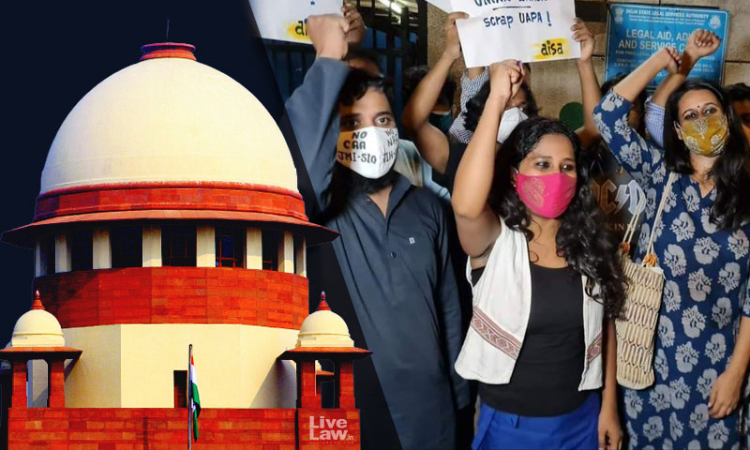Supreme Court Issues Notice On Delhi Police Appeal Against Bail Granted To Student Activists In Riots Case; Says HC Judgment Shall Not Be Treated As Precedent In Meantime
Radhika Roy & Akshita Saxena
18 Jun 2021 1:30 PM IST

The Supreme Court clarified that it is not interfering with the bail granted to the students at this stage.
Next Story


